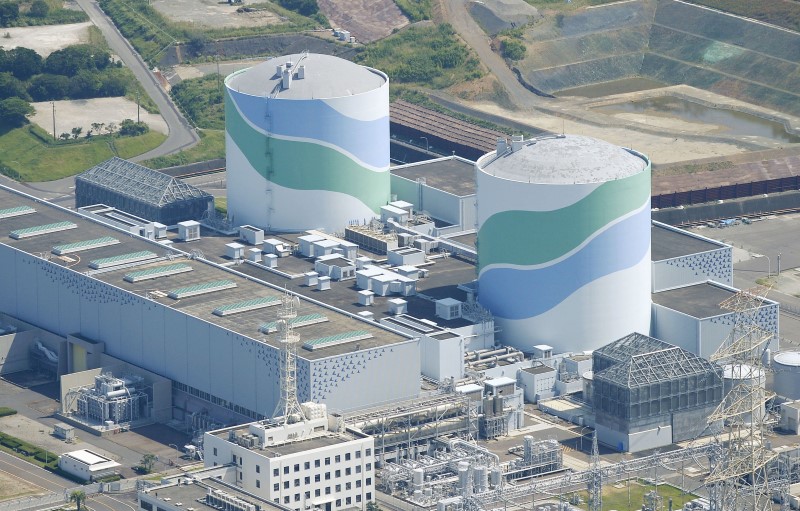SYDNEY, April 10 (Reuters) - Japanese shares settled higher
on Friday, with bank stocks leading the gains on a $2.3 trillion
programme by the U.S. Federal Reserve to support local
governments and businesses, but trading was lacklustre due to
the Easter holidays overseas.
The benchmark Nikkei average .N225 reversed early losses
to close up 0.8% at 19,498.50, its best finish since March 25,
tracking overnight gains on Wall Street.
The Dow Jones Industrial Average .DJI rose 1.2%, the S&P
500 .SPX gained 1.5% and the Nasdaq Composite .IXIC added
0.8% on Thursday. .N
For the week, the Nikkei was up 9.4%, its second biggest
gain since December 2009.
The broader Topix .TOPX added 0.9% to 1,430.04, with all
but six of the 33 sector sub-indexes on the exchange finishing
in positive territory.
The banking sector .IBNKS.T was the top performer, up
3.6%, in line with its U.S. peers after the Fed pledged a
"whatever-it-takes" approach to keep credit flowing to
businesses and households. Mitsubishi UFJ Financial Group (MUFG) Inc 8306.T , Sumitomo
Mitsui Financial Group (SMFG) Inc 8316.T and Mizuho Financial
Group Inc 8411.T climbed between 3.6% and 4.4%.
Nikkei heavyweight Fast Retailing Co Ltd 9983.T rose 2.6%,
after the owner of casual clothing chain Uniqlo forecast a 44%
fall in full-year profit as the coronavirus outbreak hit sales
in China. Analysts said the market liked the fact that the fashion
retailer provided a guidance, unlike many of its peers.
Among losers, Ryohin Keikaku Co Ltd 7453.T shed 1.6% after
the operator of Muji-brand retail stores said net profit for the
business year ended in February fell 31%.
Top oil and gas company Inpex Corp 1605.T dropped 3.1% as
oil prices tumbled on doubts that a deal between OPEC and allies
to make a record oil supply cut would be enough to offset the
collapse in global fuel demand caused by the coronavirus
pandemic. Overall trading activity was subdued, with the volume of
shares traded on the main board valued at 2.20 trillion yen
($20.2 billion), the lowest since Feb. 21.
Traders said they suspected the Bank of Japan bought
exchange-traded funds (ETFs) in the afternoon as part of its
stimulus programme and buoyed the market.
($1 = 108.8139 yen)
